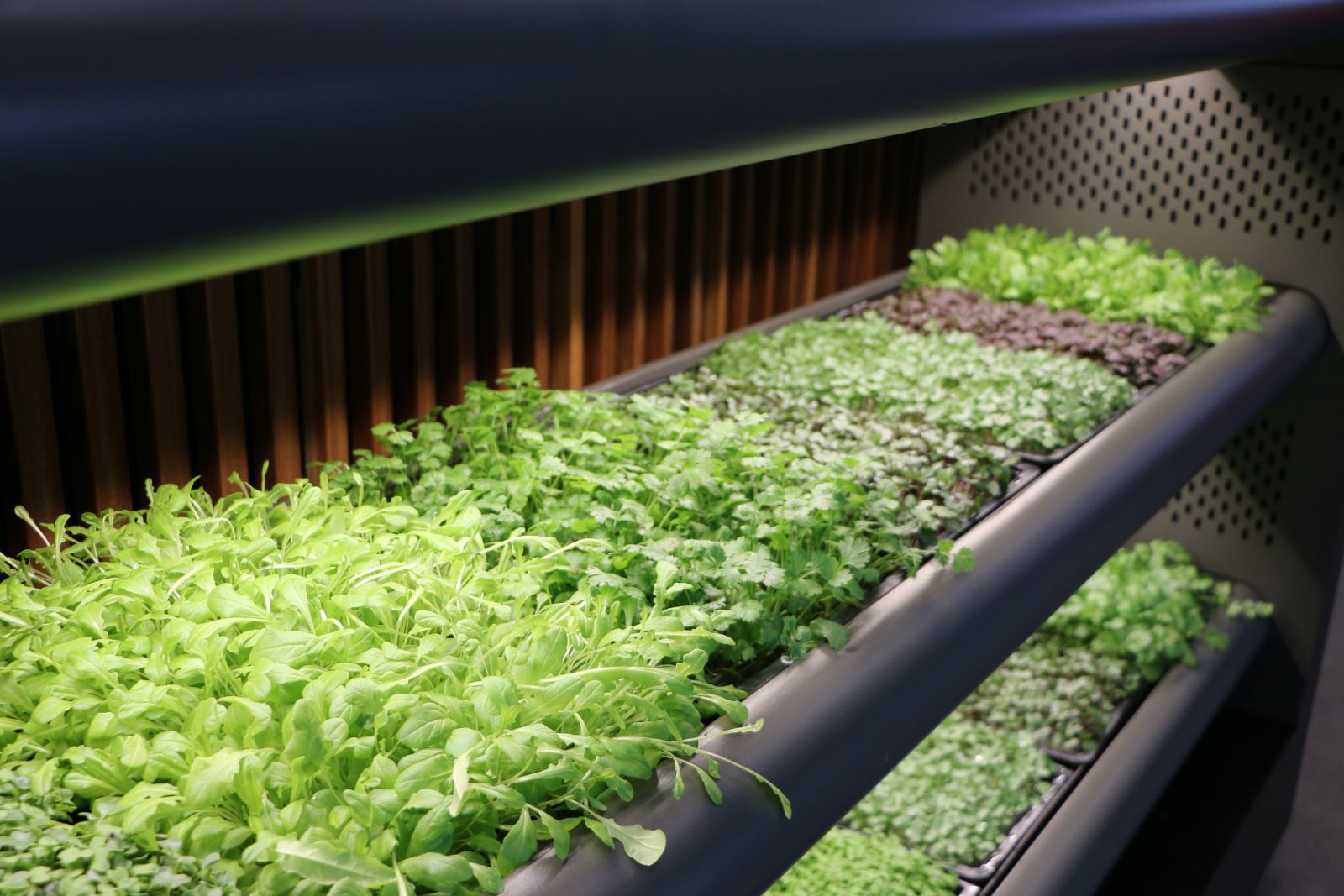Aboriginal Australia: A Guide to New Indigenous Australian Experiences!

Exquisite art, unique accommodation, ancient pilgrimages and culinary scripts that span the ages: Aboriginal travel experiences are revitalising Australia's incentive roadmap and its conference scene continues to capitalise on the world's oldest continuous living culture. But how are some convention centres making their events more inclusive for First Nations people and all visitors? Come find out in this feature:
Diversity and inclusion of various communities have come into the concerns of event organisers and, therefore, making events accessible and inclusive will lead to both wider participation by stretching the scope of the audience and a more extensive package of offerings. Australia is home to some of the oldest living cultures in the world and by incorporating them into professional events, they end up being fundamental to how the Aussie story is told. Business Events Australia acknowledges the "traditional Aboriginal and Torres Strait Islander Owners of the land, sea and waters of the Australian continent, and recognises their custodianship of culture and Country for over 60,000 years.” From an immersive light and sound show at Uluru to a time-travelling walking tour of Hobart, these new indigenous experiences for corporate event groups reconcile 60,000-year-old ancient cultures with a forward-looking of the country’s identity values.
Within this framework are the Reconciliation Action Plans (RAPs) which help companies embed the principles and purpose of reconciliation. Since 2006, RAPs have enabled organisations to take meaningful action in a sustainable and strategic way to promote reconciliation based on fundamental pillars of relationships, respect and opportunity, increasing economic equity in these communities and supporting First Nations self-determination. Meanwhile, Tourism Australia has launched its fifth RAP for 2023-2026 responding to travellers’ demand for Indigenous experiences and providing tangible opportunities for Indigenous people, and narrowing stronger pathways to reconciliation through partnerships and relationships with businesses owned, managed by these communities. The Discover Aboriginal Experiences Program has amassed over 160 Aboriginal-guided experiences across Australia, supports to emerging Indigenous tour operators have been provided, special attention has been given to the voices of Indigenous women and youth in the sector, and progress has been made in incorporating Indigenous languages into various campaigns and institutional communications.
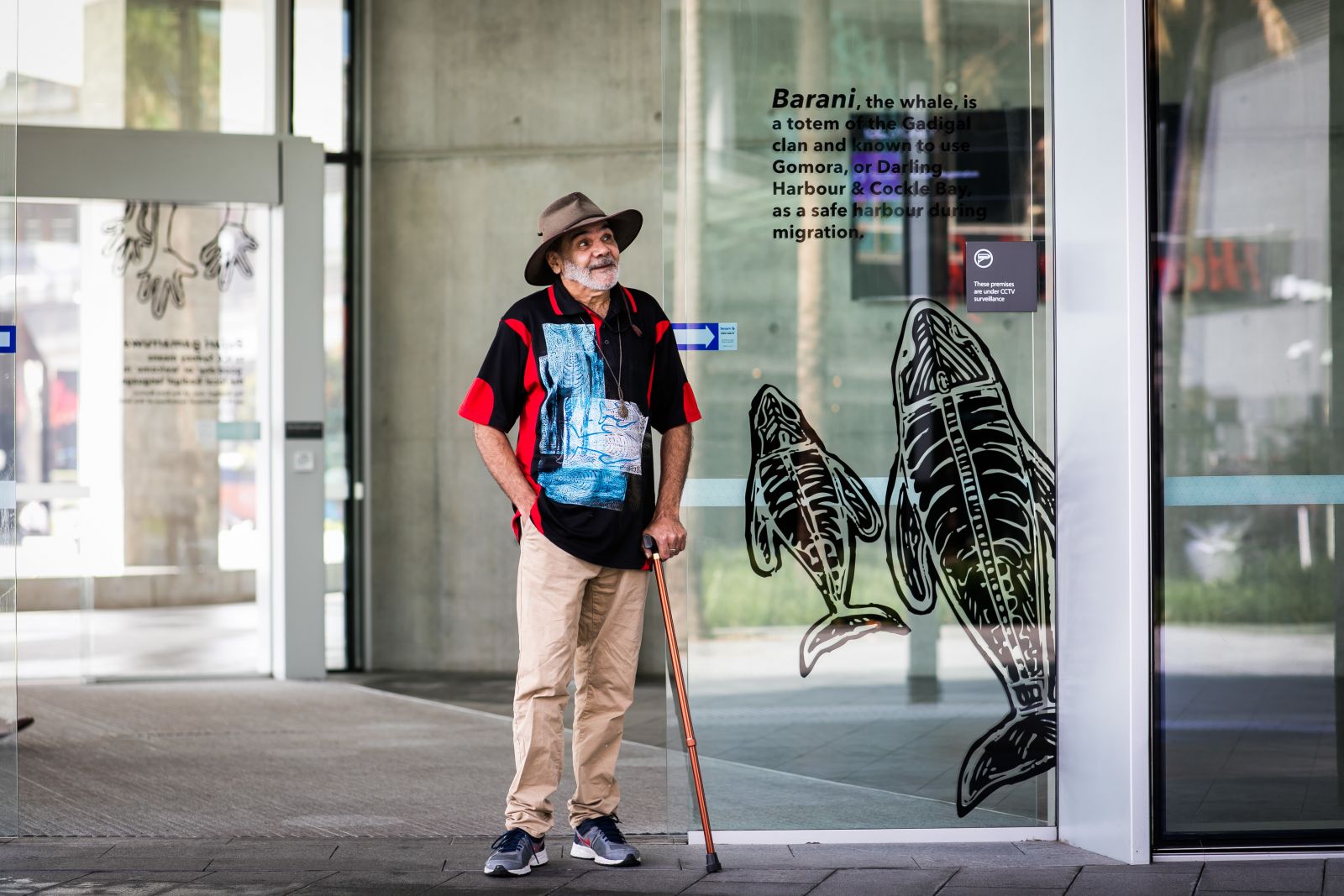
How to bediverse and inclusive in a world-class convention centre?
Hosting some of the world’s most important events, the International Convention Centre Sydney (ICC Sydney) takes on the opportunity to introduce people from around the world to a wealth of knowledge, culture and understanding embedded in this ancient culture. “Our RAP provides us with a framework and network of connections to guide our efforts to celebrate, amplify and respect First Nations people and culture,” Samantha Glass, Director of Corporate Affairs, Communication and Sustainability at ICC Sydney tells us. “Our goal is to support First Nations people in celebrating their culture with the hundreds of thousands of visitors we welcome each year.” Their Legacy Programme plays an important role in fulfilling some of the RAP’s goals, connecting customers with First Nations companies that can enrich their event and enhance the delegate experience. While holding events and activities to recognise First Nations culture and peoples throughout the year, ICC Sydney also holds team activities each National Reconciliation Week and National Aborigines and Islanders Day Observance Committee (NAIDOC) Week to mark these special occasions. “In the NAIDOC Week, whose theme was ‘For Our Elders’, we launched a campfire-style Elders Storytelling series in partnership with KARI (below), a non-profit community organisation committed to improving the lives of First Nations people.”
ICC Sydney has also launched an Accessible and Inclusive Events Guide that provides guidance and best practice for organisers to activate welcoming events that serve people of all abilities, cultures and identities from a diversity perspective. “The guide reflects our considerations on inclusive language, how to create inclusive marketing and communications, and spaces and facilities available for people with physical and/or hidden disabilities,” adds Glass. Eighty-two languages are spoken in the halls of the convention centre and this deep multicultural understanding enables them to detail inclusive amenities and applications through customer experience and interactions. “Acknowledging the Gadigal People of the Eora Nation, the traditional custodians of the Country on which ICC Sydney stands, and leaning into the deep knowledge and history of First Nations Peoples is not only the right thing to do − it builds on a unique layer of event content and inclusive programmes. Through our partnership with Supply Nation, event organisers are also invited to use First Nations suppliers.”
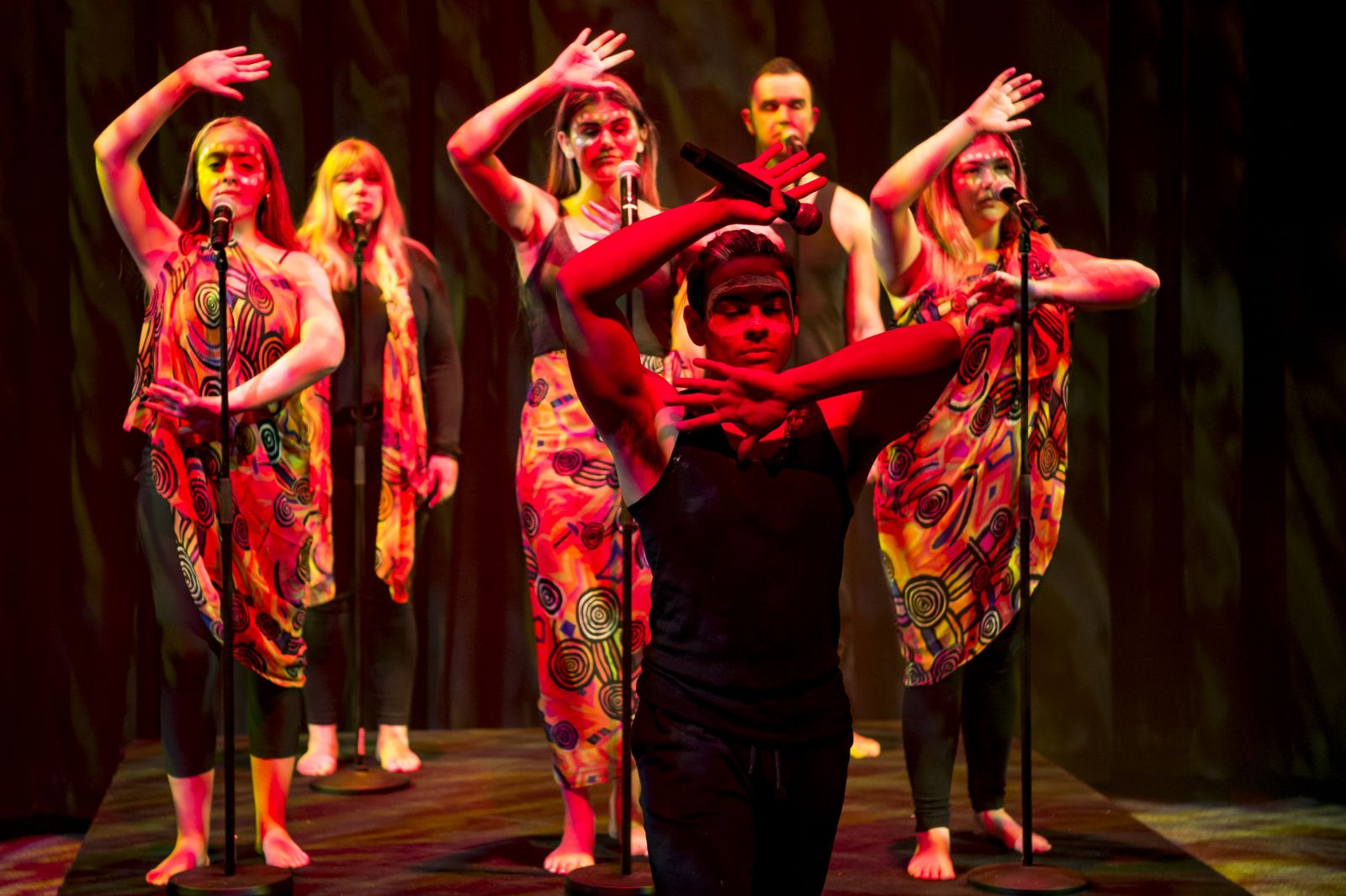
According to advocacy groups, up to 20% of Australians identify as having a disability, 11% identify as having a diverse sexual orientation, sex or gender identity, and 4% of Australians register as Aboriginal or Torres Strait Islander. “Simply put, our goal is for everyone to feel respected when they walk through our doors. ICC Sydney works to create a culture of diversity by welcoming people from under-represented communities both within our team and as site visitors.” The venue has re-established its partnership with Pride in Diversity, Australia’s only national employer support programme for all aspects of workplace inclusion. “Our LGBTQIA+ stream is assessed against the Australian Workplace Equity Index and supported internally by our internal employee group, the SameSame Collective. In addition, our management team is made up of equal male and female representation.” During the last financial year, they also added 16 new First Nations companies to their supplier list, and teamed up again with a local education partner to attract First Nations youth for career opportunities.
Host events while helping marine life!
Following the completion of a refurbishment in 2021, the Cairns Convention Centre opened its AUD$176 million expansion, increasing the capacity to host multiple or larger events, with conventions and exhibitions of up to 2,500 guests that can now be accommodated on site. One of the strongest elements of the centre’s community engagement is its communion with the biodiversity of the region and the many partnerships with foundations such as Citizens of the Great Barrier Reef (CGBR) or the Cairns Turtle Rehabilitation Centre. The venue sponsored the rehabilitation costs of an injured turtle at the latter organisation which appeared with sunburn all over its shell after floating adrift. ‘Sharon’ has been at the Rehabilitation Centre for two years, and this is an example of helping marine life and sustainability legacies for those hosting events in Cairns. “Events have the opportunity to create a lasting impact on our local environment and marine life when they come to our region, and we wanted to show them first-hand an organisation that they can get involved with,” Janet Hamilton, Cairns Convention Centre General Manager, tells us. The centre is a founding partner of CGBR − the world’s first collaborative movement united for reef conservation − with the aims of taking measurable action for the reef, sharing knowledge about its true state, facilitating practical solutions and publicising the projects and organisations leading the charge.
Some of the centre’s flagship events included the 3rd International Conference on Indigenous Health and Wellbeing 2023 and the International First Nations Symposium on Space Science and Environment. Meanwhile, we also asked how RAP has contributed positively to their calendar: “We hosted the 3rd International Conference on Indigenous Health and Wellbeing, the Cairns Indigenous Art Fair and the Far North Queensland Reconciliation Conference in 2023. We believe it is important to support the promotion of Indigenous culture and provide opportunities to improve the lives of all Australians.” The RAP has enabled the centre to take meaningful action in a sustainable and strategic way to promote First Nations experiences for delegates, employment opportunities for all cultures, and investigate opportunities to incorporate bush food on the menu. “We are excited to work through these opportunities and provide positive change in the lives of First Nations people.”
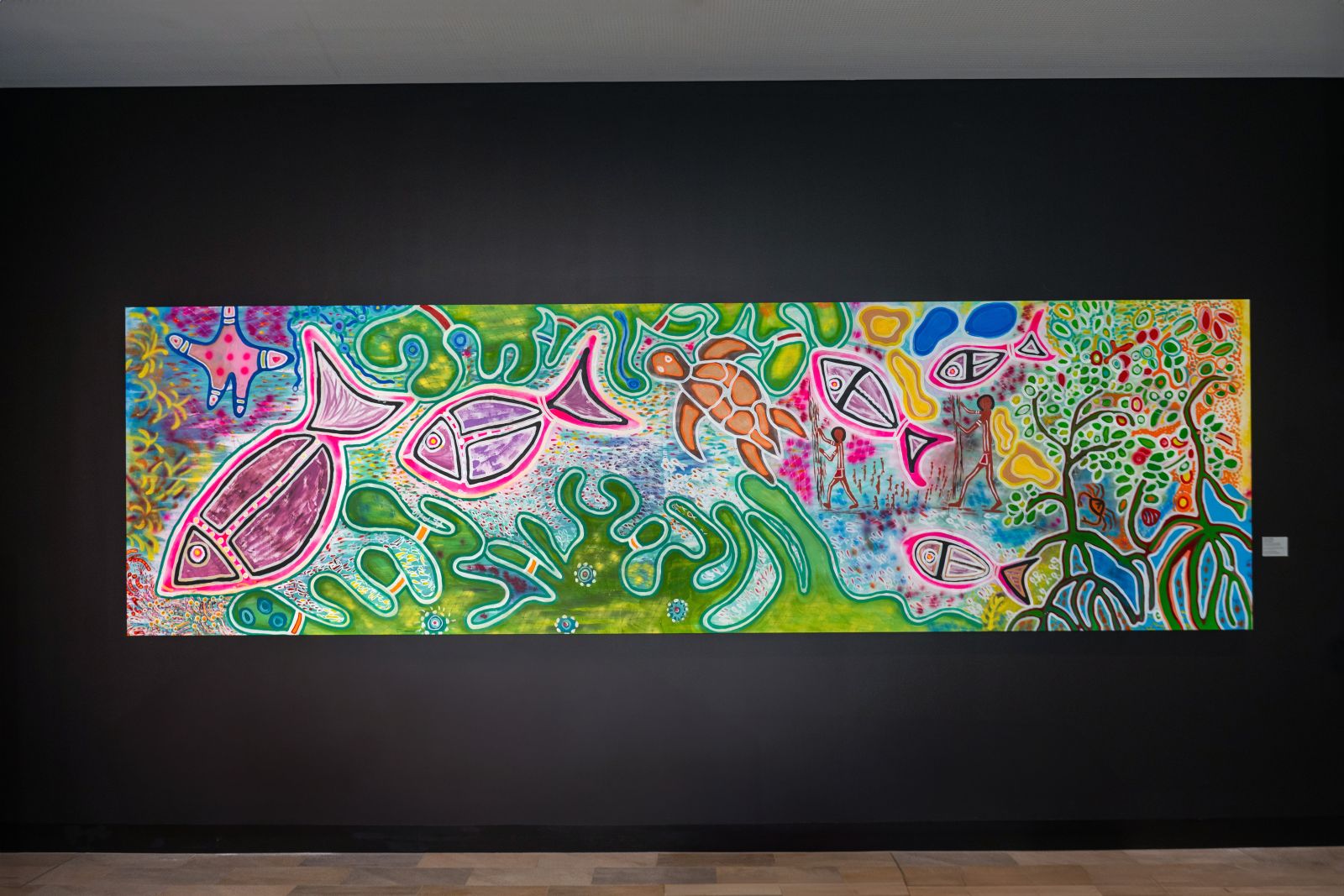
Cairns Convention Centre became a mass vaccination hub for the city with Cairns and Hinterland Hospital and Health Service using the centre for over five months to assist with boosting the regions vaccination numbers. “We were keen to get involved and provide a central destination for the community to get their vaccination and to support the local tourism industry get back on its feet.” Cairns pulled together during the pandemic to help educate the community, help businesses stay afloat and look at other opportunities during the down time which made their local community stronger. Moreover, Business Events Cairns & Great Barrier Reef has also launched a new Reforest programme calculating the high-level carbon footprint of an event and then determining how event organisers can offset this through local tree planting and revegetation programmes, like the endangered Mabi rainforest which is the home of the Lumholtz tree kangaroo on the Atherton Tablelands. Reef Connect is another programme where delegates can contribute to the protection of the Great Barrier Reef. “We are very fortunate that our region offers unique legacy opportunities for events. It is important for events to find something that is relevant to them and supports their objectives,” concludes Hamilton.
Walking down the ancient path in Adelaide!
Next to the Adelaide Botanic Gardens, a guide from the Aboriginal-owned Bookabee tours the gardens and provides information on the area’s indigenous history and traditional uses of native plants for food, medicine and utensils. Just a 5-minute walk away, you can find the Tandanya National Aboriginal Cultural Institute, Australia’s oldest Aboriginal-owned and managed multiarts centre. A Kaurna expression meaning ‘place of the red kangaroo’, Tandanya offers guests an insight into contemporary and traditional Aboriginal and Torres Strait Islander culture and art. And just 40 minutes from the city, Gemtree Wines partners with local Ngarrindjeri elder, Mark Koolmatrie, to provide the Wuldi Cultural Experience, sharing ancient stories of the Traditional Owners and how they cared for the land, waters and ecosystem. These are just some of the incentive activities that South Australia’s capital city provides to reconnect with its past and illustrate it to its visitors. “Our international business development team, has seen an increase in requests for corporate event proposals that include references to First Nations peoples. Event organisers are keen not only to show respect for the traditional owners of the land, but also to recognise the unique language, history and culture that Aboriginal and Torres Strait Islanders provide,” Damien Kitto, CEO of Business Events Adelaide (BE Adelaide), tells us.
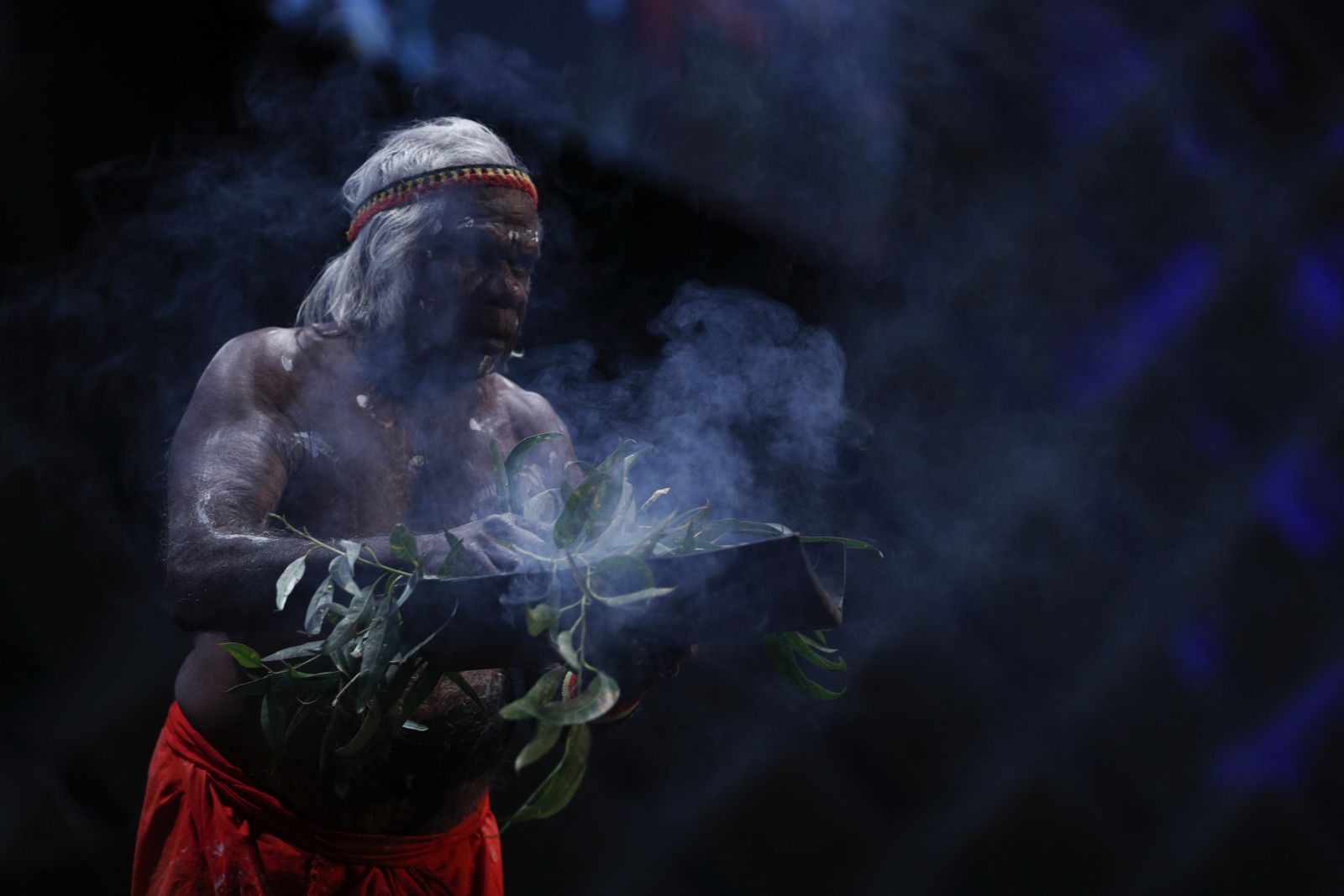
BE Adelaide has also been working with The Circle − First Nations Entrepreneur Hub, which was established in partnership with the Australian and South Australian governments under the Adelaide City Deal to help the Aboriginal business sector build and cement businesses, start-ups and tailored business support. In terms of events, the World Indigenous Peoples’ Conference on Education (WIPCE), held in Adelaide in September 2022, is an international gathering, taking place every three years, that attracts highly regarded experts and scholars in Indigenous education from Canada’s First Nations, North America’s Natives, Australia’s Aborigines, Maori (New Zealand), Ainu (Japan), Sami (Norway) and more. WIPCE is the largest and most diverse Indigenous education platform in the world, leading the discussion on contemporary movements in education that support Indigenous worldviews. A final report indicated that 2,845 delegates attended the event, and of these 742 were international. “WIPCE provided Australia’s Aboriginal and Torres Strait Islander peoples the opportunity to celebrate their place in the world as the oldest living culture of humanity, and also strongly aligned with a number of the State Government’s key economic priorities, including the Knowledge State, Growth in the Visitor Economy, and International Connections and Engagement,” adds Kitto.
Going forward, BE Adelaide members and partners − including the Adelaide Convention Centre and most hotels − are committed to ensuring that a range of accessibility options and facilities are available at all their venues, with accessible parking, access ramps and facilities for people with sensory disabilities. The DMO has also been working with The Equality Project for more than 6 years, a group who’s primary focus is LGBTQIA+ communities. “Adelaide hosted the 2021 and 2023 ‘Better Together’ conference, a key outcome of which was making hotels in Adelaide LGBTQIA+ friendly and a number of our hotel partners worked on this initiative.” Finally, sustainability has become a focal point in many of the proposals for business events that Adelaide has won in recent years. South Australia is at the forefront of clean energy production, with over 70% of its energy generated by wind and solar power, and stakeholders have also put climate measures in place. One of these strategic partners − Adelaide Convention Centre − was the first in the world to receive the Earthcheck Platinum certification in 2018, recognising 10 years of dedication to sustainability best practices, while another key partner − Adelaide Airport Ltd − was the first in the region to obtain the Airport Carbon Accreditation for its efforts to reduce carbon emissions. “Our State Government’s strategic focus on environmental factors − detailed in the Government of South Australia’s Climate Change Action Plan 2021-25 − makes it easy for us to demonstrate our sustainability credentials. This leadership in renewable energy has been acknowledged with the designation of Adelaide as host city for the International Conference on Renewable Energy, which took place in April this year,” concludes Kitto.
